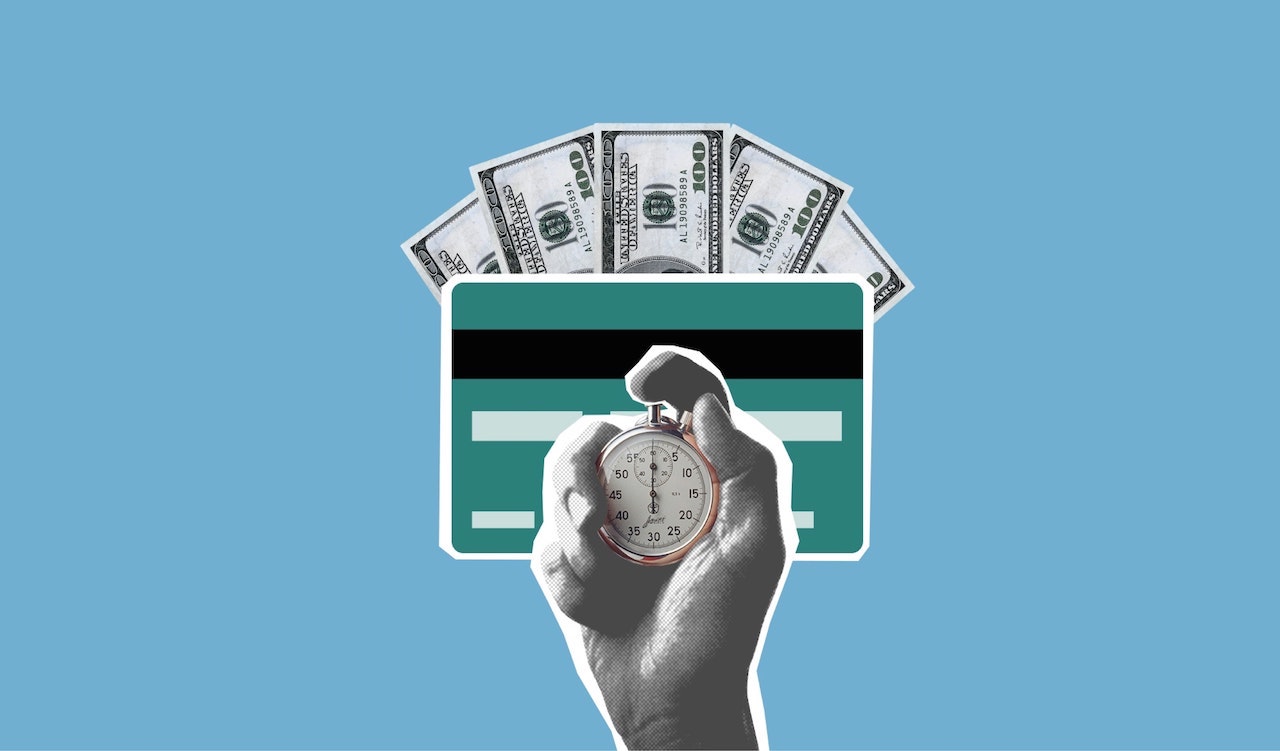10 essential German words that will help you avoid the situation below:
You are waiting in the German bank to withdraw money from your account. It is finally your turn to meet the bank teller, but strangely your tongue feels swollen and you start to talk nonsense. You remember practicing the script many times the day before. The German woman in front of you seems very confused, and also annoyed. You end up being intensely anxious and still don’t get any money out of the bank.
Reminiscing and practicing keywords makes a whole difference, especially with another language. Chopping up keywords helps you get straight to the point that the other person instantly understands. In the previous case, you could escape the disaster with a list of essential German words in general finance.
This blog provides you with 10 German words you must know before initiating the finance talk. The list starts with:
1. Geld /gelt/: Money
“Geld” indicates the money that lays in one’s bank account. It is the medium for payment and also trading. Although there are several ways of saying “money” in German, for example, “Flocken”, “Kohle”, “Knete”, etc, the word “Geld” is the most appropriate option for the financial context.
Audio: Das Geld
2. Bargeld /baar-gelt/: Cash
You can’t open a bank account without “Bargeld”. This word has two components that are “bar” (cash) and “geld” (money) and it includes both paper money and coin. However, in daily conversations, Germans just say “bar” for short.
Audio: Das Bargeld
3. Zins /tsins/: Interest
“Zins” is the amount of money paid in return that one creditor earns from lending his debtor money.
Audio: Der Zins
4. Bankkonto /bangk-kon-too/: Bank Account
A monthly checkup for “Bankkonto” is often the main reason you go to a bank. This word is composed of “Bank” which has the same meaning in English, and “Konto” which is an account. “Bankkonto” is where you deposit money and where your financial transactions are recorded.
Audio: Das Bankkonto
5. Kontonummer /kon-too-nu-mer/: Account Number
You can only access your “Bankkonto” if you remember the “Kontonummer”. The component “Nummer” means number. Linking with the “Konto” in the front, the word indicates the bank account number.
Audio: Die Kontonummer
6. Abhebung /ap-hee-bung/: Withdrawal
This word may imply your intention at the bank. This word is what you want to say to the bank teller when your savings plan has come to an end, or you just simply need cash and the ATM is not working.
Audio: Die Abhebung
7. Geldautomat /gel-tau-too-maat/: ATM
“Geldautomat” is the place for you to get your “Abhebung’. Normally the “Geldautomat” is next to your bank in Germany. This word is composed of “Geld” which is money, and “Automat” which is similar to automation.
Audio: Der Geldautomat
8. Anlage /an-laa-ge/: Investment
Storing money in a savings account, buying an investment fund, or saving bonds aim for growing assets and profit. All these activities are considered as some kind of investment – “Anlage”. Another word for investment is a bit closer to English, but often, it’s a bit more difficult to pronounce and can become a tongue twister: Investition /in-ves-ti-tsi-on/.
Audio: Die Anlage
9. Anzahlung /an-tsaa-lung/: Deposit
The “Anzahlung” is the amount of money that you pay into your Bankkonto or savings account.
Audio: Die Anzahlung
10. Finanzen /fi-nan-tsen/: Finance
Last but not least, you can’t talk about finance if you don’t know what the German word is for finance. “Finanzen” may be easy to remember since it has a similar typeface to the English word, however, it has a very specific way of pronouncing the end component.
Audio: Die Finanzen
These 10 German words are nothing too fancy, but they sure do a great job in helping you get through the work in the bank. For basic full sentences, the Deutschtrainer: At the Bank video is a great source that we recommend.
Having a comprehensive and efficient conversation with a native speaker can be achieved with your determined study plan. Nonetheless, selecting and preparing some keywords not only avoids miscommunication but also encourages you to speak more, especially at the beginning of your language learning journey. The Social Intro Programme at ProLingua Global is designed to do just that.
Interested to read more like this? Leave a comment below and let us know what other situations you’d like us to cover in another blog.






0 Comments